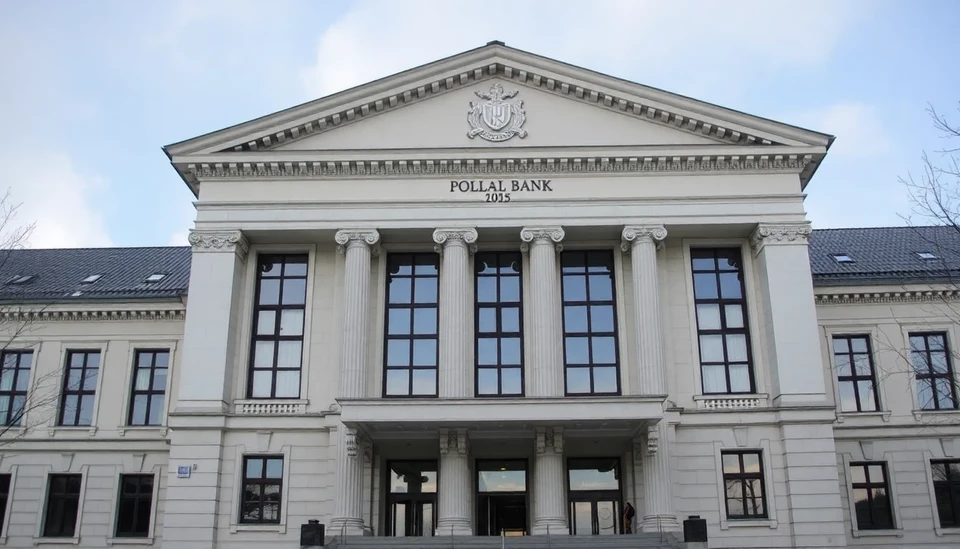
In a significant development for Poland's economic landscape, the country's central bank governor has hinted at the possibility of interest rate reductions following the upcoming presidential election. This announcement comes against a backdrop of fluctuating economic indicators and inflationary pressures that have characterized the region in recent months.
The central bank governor emphasized that the decision to cut rates would heavily depend on the economic situation prevailing after the electoral process concludes. With inflation rates showing signs of stabilization, policymakers are considering their next moves carefully. The bank has been grappling with the challenge of balancing inflation control while ensuring continued economic growth, a dilemma that many countries worldwide are currently facing.
As Poland approaches this pivotal election, the political climate remains charged, and key issues are on the agenda. The central bank's stance illustrates the interconnectedness of economic policy and political outcomes. Analysts are closely monitoring the election results, as they will play a crucial role in shaping the future direction of Poland’s monetary policy.
In recent months, the Polish economy has demonstrated resilience, bouncing back from the shocks of the pandemic and navigating the complexities of a rapidly changing global economy. Nevertheless, uncertainties linger, and the electorate's decision will likely have profound implications for economic strategy in the coming years.
The governor's remarks underscore the commitment of the central bank to remain responsive to changing economic conditions. Should the election yield a government that prioritizes growth over austerity, rate cuts could provide a much-needed stimulus to boost consumption and investment. This potential shift in monetary policy reflects the broader trend seen across Europe, where central banks are reevaluating their strategies to foster recovery.
As stakeholders prepare for the election, discussions surrounding economic foresight and policy measures remain at the forefront. The banking sector, investors, and consumers alike await the outcomes with bated breath, knowing that the ramifications of the election will resonate in the financial markets and beyond.
In summary, as Poland stands at the crossroads of a critical electoral moment, the signals from the central bank provide a glimpse into the possible future of its monetary policy. A change in course could signify a new era of economic strategy aimed at fortifying the nation's growth trajectory while grappling with the lingering effects of previous economic challenges.
#Poland #CentralBank #InterestRates #EconomicPolicy #PresidentialElection #FinanceNews #MonetaryPolicy #Inflation #EconomicGrowth
Author: Rachel Greene




